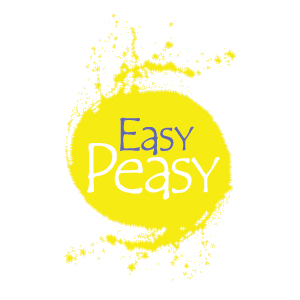Voluntary Benefits in the Post Healthcare Reform Environment
This blog post is about “voluntary benefits” and how they are poised to see significant growth in the post-healthcare reform environment. If you’ve been following along here at our blog, you’ll know that we’ve discussed the definition of voluntary benefits in the past. We’ve referred to these benefits as “supplemental health insurance.”
As we move forward with this concept, keep in mind that you may see this specific category of benefit worded in three ways:
- Voluntary Benefits (the verbiage we’re using in this blog post).
- Supplemental Health Insurance (verbiage we’ve used in the past).
- Ancillary Benefits (or: benefits that support existing benefits).
The above listed could all be considered “voluntary benefits.” Each are composed of a variety of different important products when designing employer health programs.
The big question: What are voluntary benefits?
Answer: voluntary benefits are exactly what they say they are. They are products that employees voluntarily participate in at work. In other words, employees typically pay for voluntary plans with their own money. The employer usually does not make a contribution.

The next big question: What types of plans are available voluntarily?
Answer: there are a number of different plans that are available on a voluntary basis. Listed below are a few of them.
- Supplemental Health Insurance: Accident Plans, Cancer Plans, Hospital Plans
- Ancillary Benefits: Vision, Dental, Life Insurance, Disability Insurance
- Specialty Benefits: Pet Insurance, Legal Counsel, Law/Litigation Insurance
The last big question: Why are these types of plans poised to grow significantly?
Answer: there are two big reasons why voluntary benefits are poised to grow significantly in the post-healthcare reform environment.
- It’s expected that there will continue to be increased exposure to “out of pocket expenses” and “cost sharing.” In other words, deductibles, co-payments, and coinsurance will all continue to be common. And most likely, these types of out of pocket expenses will continue to increase over time. Voluntary benefits can help reduce exposure to these kinds of expenses. Read more here.
- Government money is now helping to pay for a considerable number of new health insurance plans. This is especially true for small businesses (under 50 employees). With the integration of the new health insurance exchanges into the insurance marketplace, the federal government is now helping millions of new people pay their premiums in the form of tax subsides. What does this do? It frees up money for products like voluntary benefits.
As you can see, voluntary benefits will be a very important component in the post-healthcare reform environment. According to a recent study by Met Life, 51% of employees are willing to bear more of their benefits costs in order to have better choices, and 58% of employers say providing voluntary benefits will be significant to their benefits strategy in the coming years.
Policy Advantage Insurance Services provides a broad range of voluntary and ancillary products. If you have questions, please contact us, and we can evaluate your situation (as a business or individual) to see exactly where these benefits can fit it, and how they can help. Continue to look for additional posts on this topic.
Thanks for stopping by, we hope you found our information to be valuable. Check back at our blog to get further information about funding healthcare. Also, please share with your friends, clients, colleagues, and family. Here are a few of our other information outlets:
Home Page: https://policyadvantage.com
Twitter: http://www.twitter.com/PolicyAdvantage
Facebook: http://www.facebook.com/PolicyAdvantage
YouTube: http://www.youtube.com/PolicyAdvantage
Pinterest: http://www.pinterest.com/PolicyAdvantage
Word Press: http://www.policyadvantage.wordpress.com


 The visualization mentioned above is similar to the components that work with a High Deductible Health Plan (HDHP). There are four things that usually work in the system:
The visualization mentioned above is similar to the components that work with a High Deductible Health Plan (HDHP). There are four things that usually work in the system: